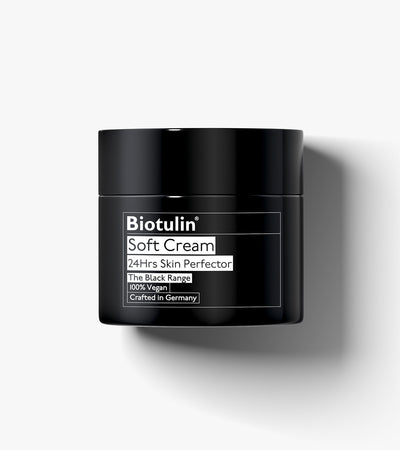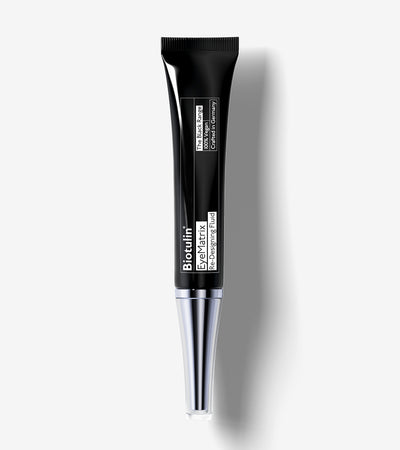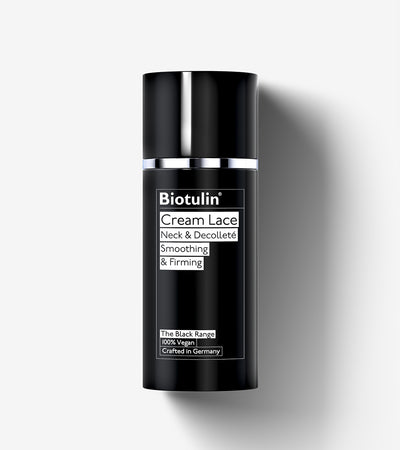Overview/Definition
Citric Acid is a naturally occurring organic acid found in citrus fruits, particularly lemons and limes. It is widely used in the skincare industry for its multifunctional properties, including as an exfoliant, antioxidant, and pH adjuster. Citric Acid is a type of alpha-hydroxy acid (AHA), which is known for its ability to exfoliate the skin, promote cell turnover, and improve skin texture and tone. It is also used as a preservative and chelating agent in cosmetic formulations, helping to stabilize and extend the shelf life of products.
Citric Acid is a versatile ingredient that can be found in a wide range of skincare products, from cleansers and toners to serums and moisturizers. It is known for its brightening properties, which make it a popular addition to skincare routines, especially to target hyperpigmentation and anti-aging. Citric Acid is also a common ingredient in preservatives, foods, and other household cleaners.
In skincare formulations, Citric Acid has protective antioxidant and corrective anti-aging effects, helping to reverse visible signs of photodamage. It works by exfoliating the upper layer of dead skin cells to help clean pores, even skin tone, and soften and smooth the skin. Citric Acid is also used as a pH adjuster in cosmetics and personal care products, ensuring they are mild and non-irritating.
Function in Skincare
Citric Acid serves several key functions in skincare:
- Exfoliation: It helps to remove dead skin cells and dirt, revealing fresh, softer, smoother skin.
- Antioxidant: It offers protection against free radical damage, such as pollution and UV radiation.
- pH Adjuster: It ensures that skincare products are mild and non-irritating, not too acidic or too basic.
- Brightening: It helps to reduce pigmentation and uneven complexion, leaving the skin looking fresh and even.
Skin Type Suitability
Citric Acid is suitable for a wide range of skin types, including:
- Dry Skin: Its exfoliating properties can help to improve skin texture and tone, making it beneficial for dry skin.
- Oily Skin: It can help to clean pores and reduce the appearance of dark spots, making it suitable for oily and acne-prone skin.
- Sensitive Skin: While generally well-tolerated, it is important to use Citric Acid with caution on sensitive skin, as it can cause irritation in some individuals.
Benefits
Citric Acid offers several benefits for the skin:
- Exfoliation: It helps to remove dead skin cells and dirt, revealing fresh, softer, smoother skin.
- Antioxidant: It offers protection against free radical damage, such as pollution and UV radiation.
- pH Adjuster: It ensures that skincare products are mild and non-irritating, not too acidic or too basic.
- Brightening: It helps to reduce pigmentation and uneven complexion, leaving the skin looking fresh and even.
- Anti-Aging: It has corrective anti-aging effects, helping to reverse visible signs of photodamage.
Potential Side Effects or Risks
While Citric Acid is generally considered safe for use in skincare products, there are some potential side effects and risks to be aware of:
- Irritation: It can cause skin irritation, especially in individuals with sensitive skin or when used in high concentrations.
- Photosensitivity: It can increase the skin's sensitivity to the sun, making it more prone to sunburn and other forms of photodamage.
- Allergic Reactions: Some individuals may experience allergic reactions to Citric Acid, resulting in redness, itching, or swelling.
Usage in Skincare Products
Citric Acid is used in a wide range of skincare products, including:
- Cleansers
- Toners
- Serums
- Moisturizers
- Sunscreens
How it’s used
Citric Acid can be incorporated into a skincare routine in various ways, depending on the specific product and its intended use. It is often found in cleansers, toners, serums, and moisturizers, where it helps to exfoliate, brighten, and improve the texture of the skin. It can also be used in sunscreens to enhance their performance and stability.
Scientific Studies/Research
Several scientific studies have evaluated the safety and efficacy of Citric Acid in skincare products. The Cosmetic Ingredient Review (CIR) Expert Panel has concluded that Citric Acid is safe as a cosmetic ingredient in the present practices of use. Additionally, the Food and Drug Administration (FDA) includes Citric Acid on its list of substances Generally Recognized As Safe (GRAS) for use as a direct food additive.
Other Names/Synonyms
Citric Acid is also known by the following names:
- Citric Acid Monohydrate
- 2-Hydroxypropane-1,2,3-tricarboxylic Acid
- 3-Carboxy-3-hydroxypentanedioic Acid
Sustainability/Environmental Impact
Citric Acid is a naturally occurring organic acid found in citrus fruits, making it a renewable and sustainable ingredient. It is primarily produced through biotechnology or by using a fungus (Aspergillus niger) through the fermentation of a sugary solution. While generally considered safe and environmentally friendly, it is important to note that the production and use of Citric Acid can have environmental impacts, and consumers may wish to choose products that use sustainably sourced ingredients.
Fun Facts
- Citric Acid was first isolated from lemon juice in 1784 by a Swedish-German chemist named Carl Wilhelm Scheele.
- It is a common ingredient in DIY personal care products, beauty treatments, and household cleaners.
- Citric Acid is known for its ability to encourage collagen production, which may contribute to the skin’s elasticity and overall improvement of the stretch mark-affected area.





